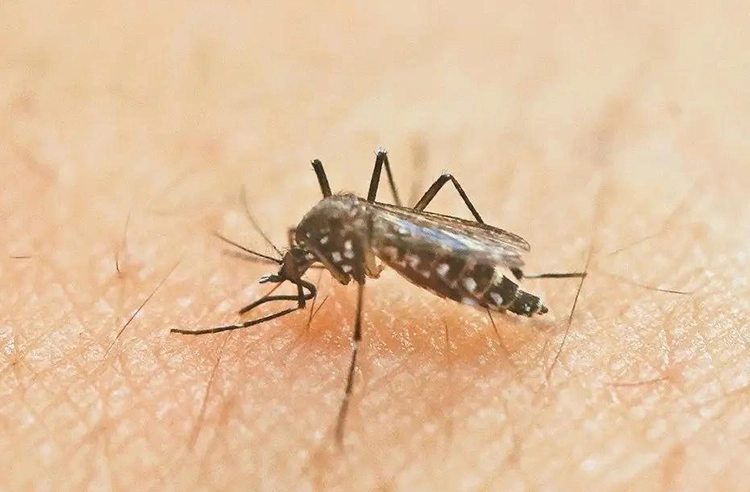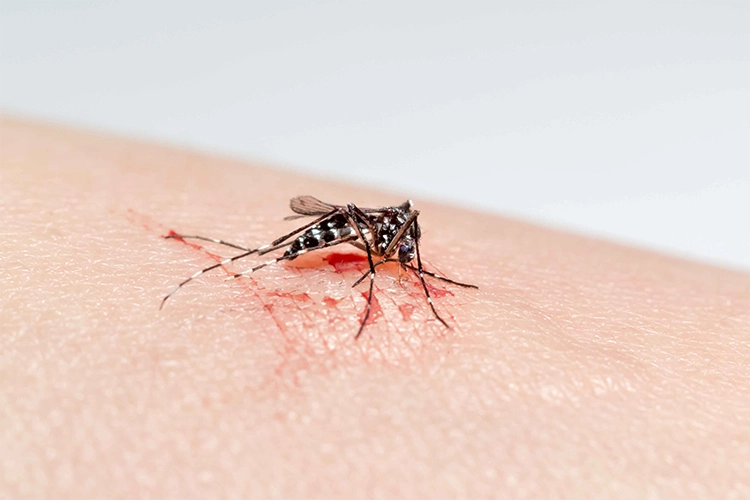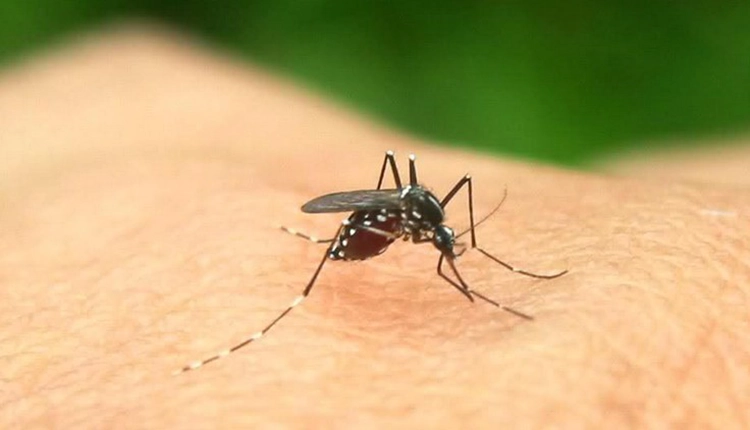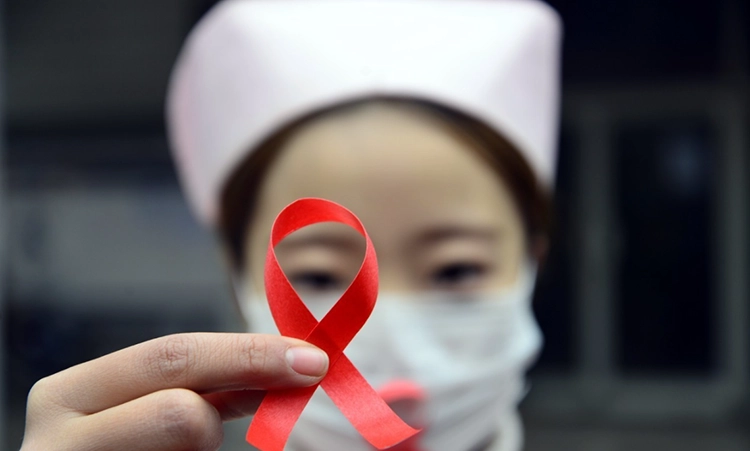Mosquito bites do not transmit HIV.

AIDS is an acquired immune deficiency syndrome caused by the AIDS virus (HIV). HIV is mainly transmitted through three routes: sex, blood and mother-to-child transmission.

Mosquitoes are not reservoirs for HIV.
Popular point said, HIV into the mosquito body, digested can not survive, can not continue to spread. Mosquitoes can spread dengue fever, malaria, etc., mainly the pathogens of these diseases can survive, replicate and multiply in the mosquito body.
While many people know that mosquitoes regurgitate before biting (some animals return partially digested food from their stomach to their mouth after a period of feeding), few are aware that the mosquito’s esophagus and salivate passages are separate. A mosquito does not inject blood into the person it bites, but rather saliva which acts as a lubricant.

The amount of blood left on the surface of a mosquito’s mouthpart (the tool it uses to bite) is so small that it contains too little HIV to be contagious. Transmission can only proceed if there is a certain amount of the pathogen in the blood and body fluids.
Current epidemiological evidence shows that since the discovery of HIV, there have been no cases of infection through mosquito bites, even in Africa, where AIDS is highly prevalent.

Tips
To prevent infection and transmission of AIDS, adhere to good hygiene, do not have unprotected sex at will, avoid sharing syringes, razors and other supplies with others, and avoid importing blood and blood products of unknown origin.

